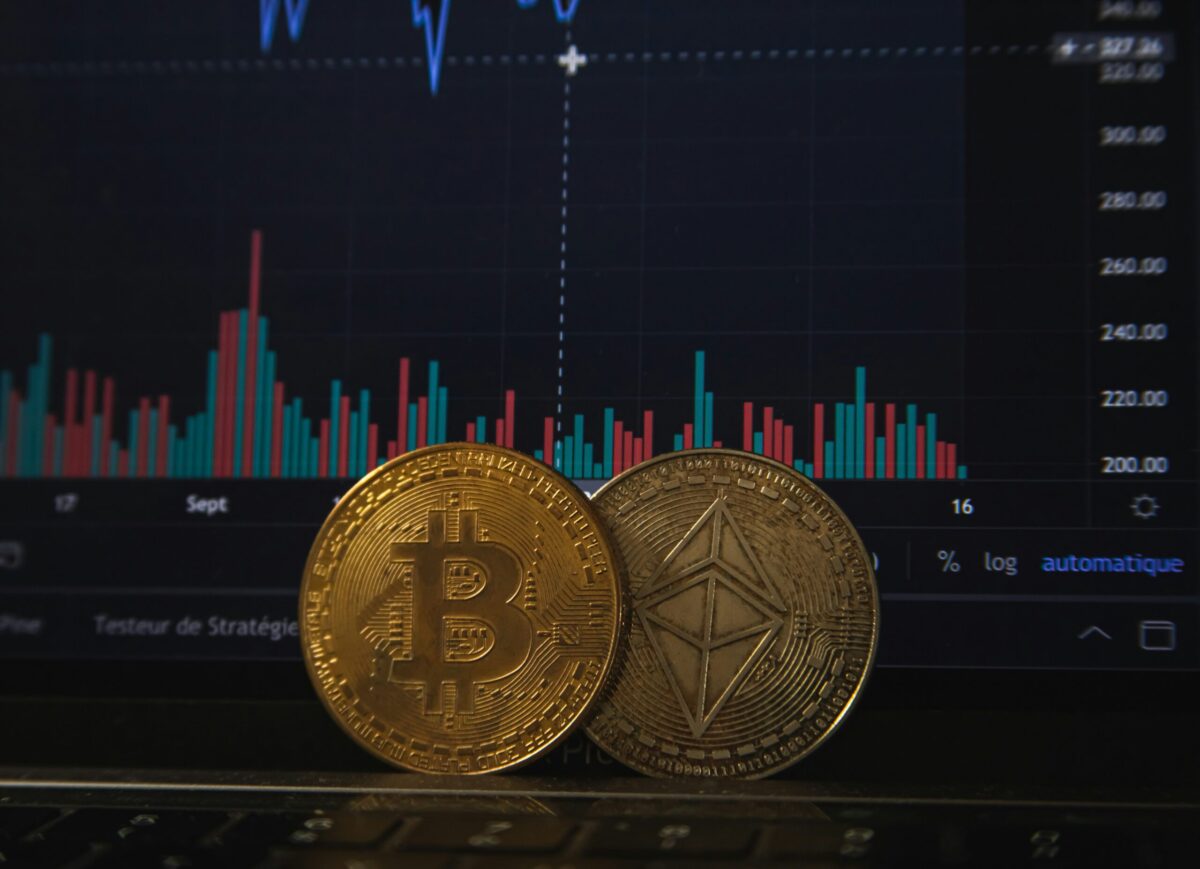Uniswap has delisted the $HEX cryptocurrency from its decentralised exchange, following the classification of HEX as an unregistered security by the US Securities and Exchange Commission.
In a lawsuit against HEX founder Richard Schueler, also known as Richard Heart, the SEC said more than $1billion was raised through unregistered security offerings. It traces back to the start of 2019 with the tokens HEX, PulseChain and PulseX.
HEX delisted from Uniswap
After these charges, HEX has been removed from the exchange’s main interface and can now be viewed in Uniswap’s unsupported tokens list.
The PLS and PLSX, the native tokens from Heart’s other projects, are also not available on Uniswap. But they are still active in the wider crypto market.
The decentralised exchange says its list was “manually curated by Uniswap Labs to block tokens that violate trademarks, that have proven to be scams, or otherwise based on legal considerations”.
But delisted cryptocurrencies can still be traded through the protocol. Other websites utilising Uniswap’s technology can allow their investors to trade delisted tokens, like HEX. Users can also interact with the smart contract directly to trade HEX without any front-end interface.
HEX is joining the likes of ENS DAO, the FTX Token and over 100 other cryptocurrencies that have been taken down from Uniswap.
Uniswap removed more than 100 tokens from its site in 2021. The initial press release said: “We have taken the decision to restrict access to certain tokens through app.uniswap.org. These tokens have always represented a very small portion of overall volume on the Uniswap Protocol.”
While Uniswap did not explain this decision, community members speculated that some of these tokens could be considered securities.
Richard Heart vs SEC
The delisting of HEX comes three days after the SEC claimed the cryptocurrency was a security and charged Heart with raising funds through unregistered securities. In its press release, the commission stated that Heart’s three crypto projects, Hex, PulseChain, and PulseX, were responsible for this
Between December 2019 and November 2020, the commission claimed Heart “sold Hex tokens in an unregistered offering, collecting more than 2.3 million Ethereum (ETH), including through so-called ‘recycling’ transactions that enabled Heart to surreptitiously gain control of more Hex tokens.”
The SEC’s lawsuit also alleged that Heart defrauded investors by using the raised funds for personal expenses.
“Heart called on investors to buy crypto asset securities in offerings that he failed to register. He then defrauded those investors by spending some of their crypto assets on exorbitant luxury goods,” said Eric Werner, director of the Fort Worth Regional Office.
At least $12m worth of raised funds was misused by Heart, according to the SEC. He allegedly spent it on sport cars, watches, and the largest black diamond in the world.
“This action seeks to protect the investing public and hold Heart accountable for his actions,” Werner added.
Uniswap’s role in the SEC’s charges
Uniswap was mentioned directly in the SEC charges against Heart and his crypto projects. The decentralised exchange was part of the reason why the SEC chose the US District Court for the Eastern District of New York to hold the case.
The SEC wrote: “Venue is proper in this District because many of the crypto asset transactions described herein took place on Uniswap, a so-called decentralized crypto asset trading platform whose developers are headquartered in Brooklyn.”
At least one investor of HEX is located in Brooklyn, which also contributed to this venue decision.
Uniswap was referred to several times in the SEC’s charges. It noted that “most secondary market transactions in Hex tokens occur on Uniswap, a self-described decentralized crypto asset trading platform”.
As of 2 August, Uniswap’s native token UNI is trading at $6.31, down 2% in the past 24 hours and up 8% in the previous seven days.


